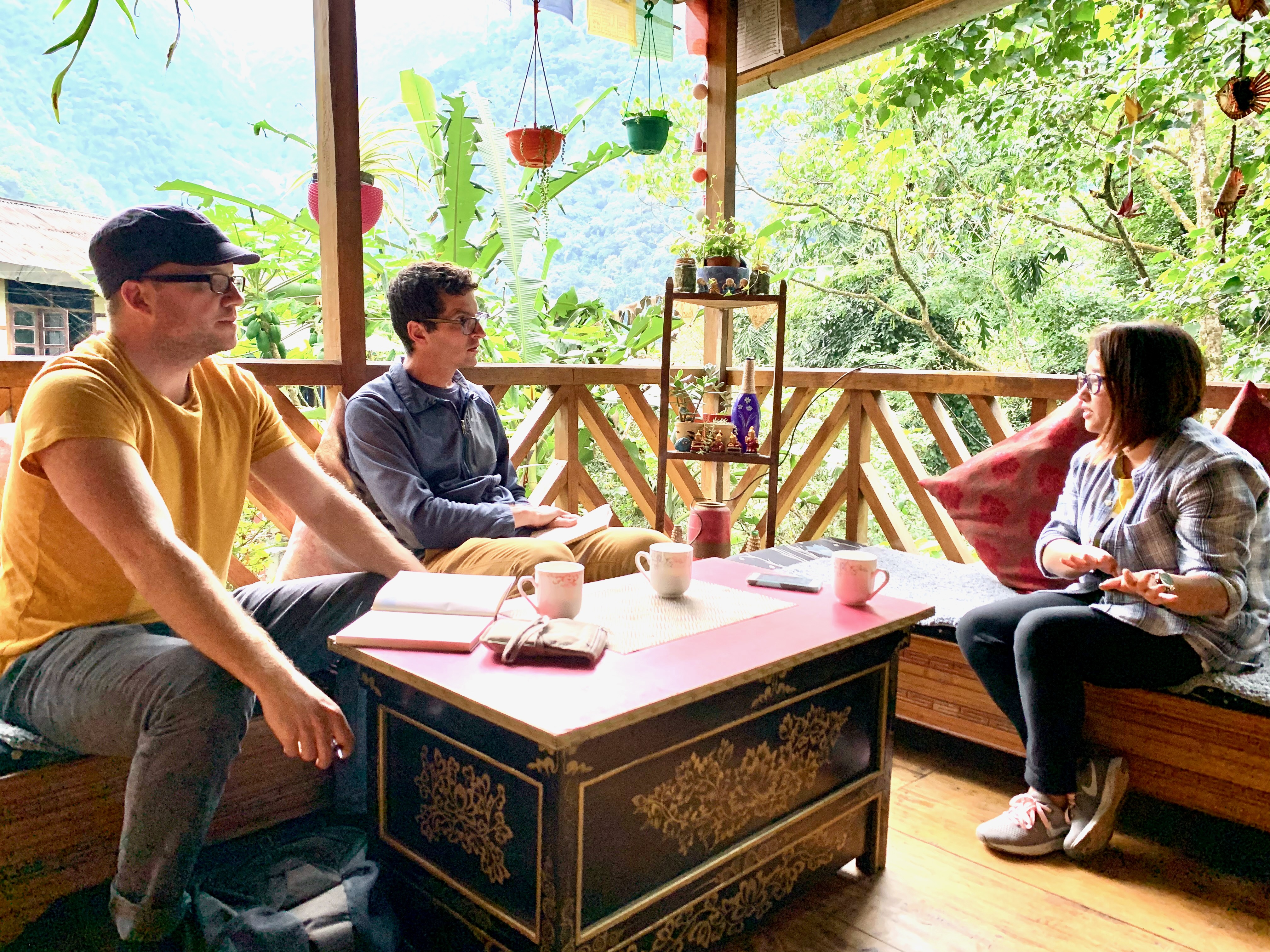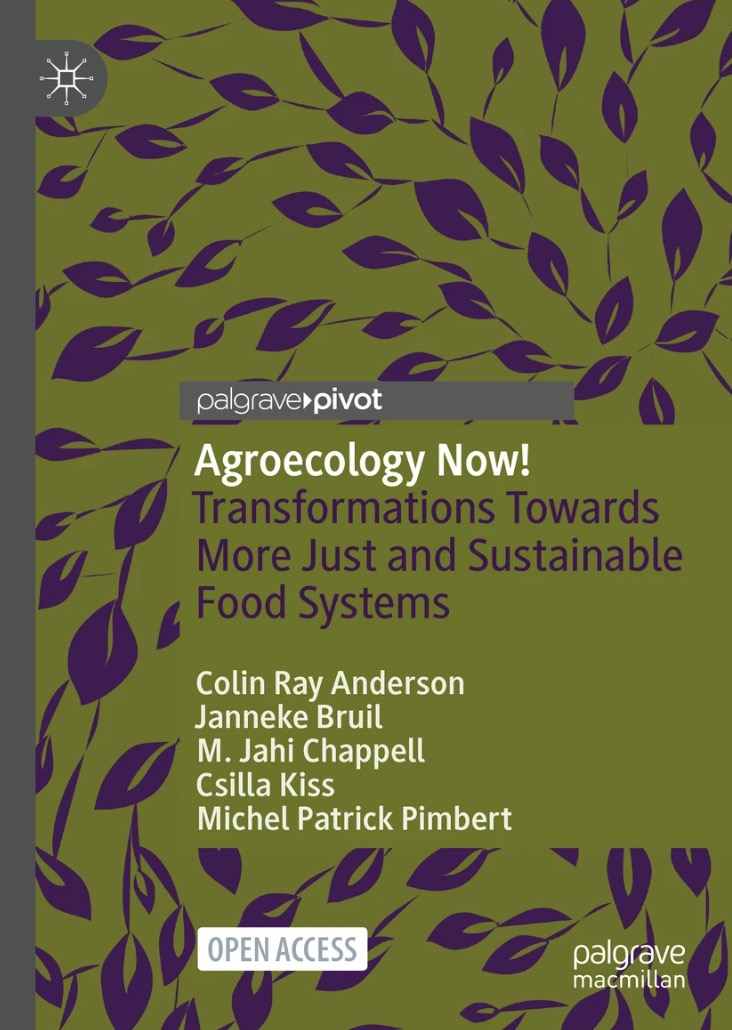
Colin Anderson serves on the leadership team of the Institute for Agroecology as Associate Director and is an Associate Research Professor in the Plant and Soil Department.
His work focuses on community- and people- led processes of transformation for resilience, social justice and well-being. He works with communities, networks and organizations in social movements who are organizing to confront intersecting crises we face today and who are reimagining and building alternatives. Colin is committed to engaged and participatory research, learning and action in his methodology and pedagogy. This is anchored by a commitment to knowledge mobilization, which involves a political and social process of co-producing and deploying knowledge in processes of social transformation. He is a co-convenor of the international platform, Agroecology Now, and is always eager to connect with potential collaborators to exchange, learn and dream up projects, programs and new lines of work.
 Colin teaches on the Certificate in Graduate Studies in Agroecology and is involved in a range of research programs, including on: agroecology transformations, territorial food systems, food sovereignty, pedagogy and learning and more.
Colin teaches on the Certificate in Graduate Studies in Agroecology and is involved in a range of research programs, including on: agroecology transformations, territorial food systems, food sovereignty, pedagogy and learning and more.
Colin advises several students and postdocs including:
- Carlos Andres Gallegos-Riofrío: Postdoc - Health, Nature and Agroecology
- Katie Horner: Postdoc - Agroecology transitions, soil health and land
- Juliana Neira: PhD - Agroecological transitions, food supply chains, food security, place-based action research, political ecology, postdevelopment, pedagogy, consumption, ecological economics
- Amaya Carrasco-Torrontegui: PhD - Collective Action and Agroecology in the Andes
- Ayana Curran-Howes: PhD - Agroecology transitions and animal-farming systems
- Michelle Nikfarjam: PhD - Agroecology Transitions in the fruit sector in the Northeast USA

